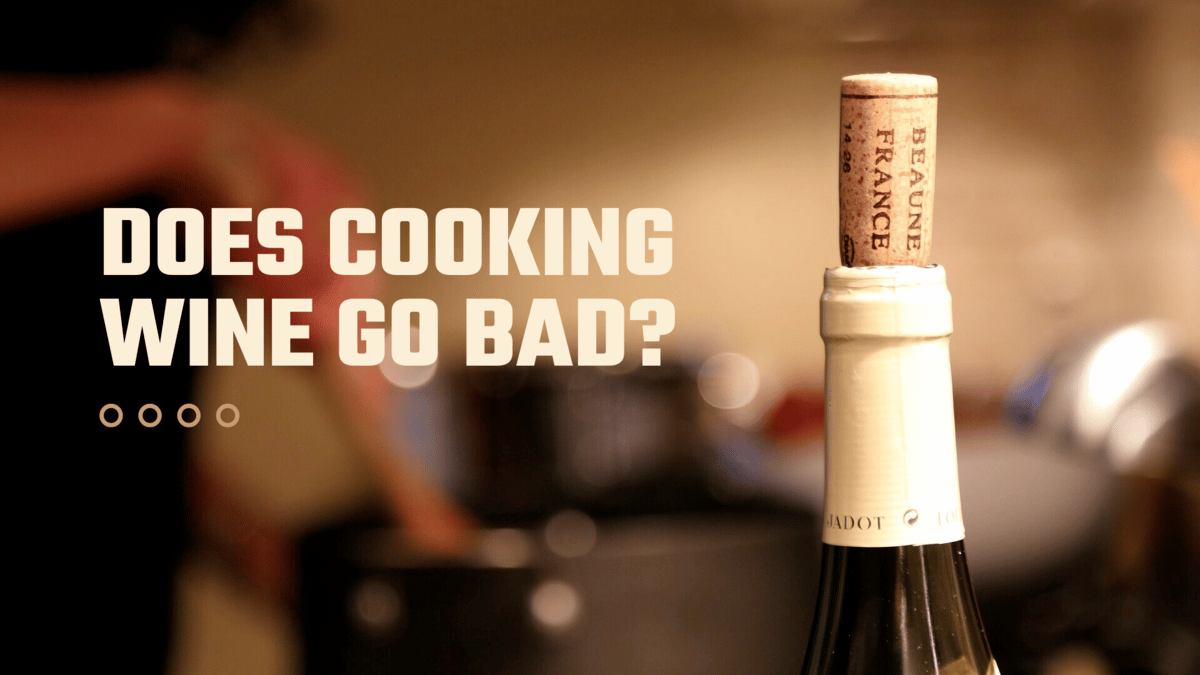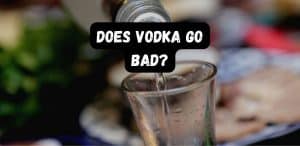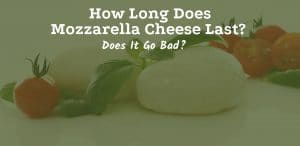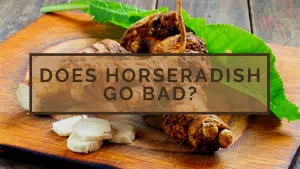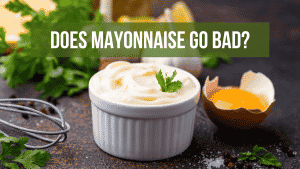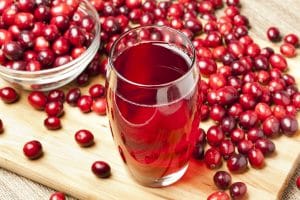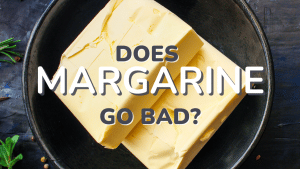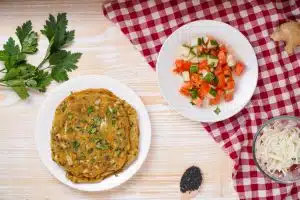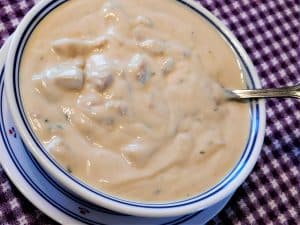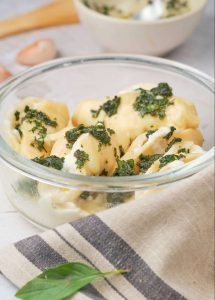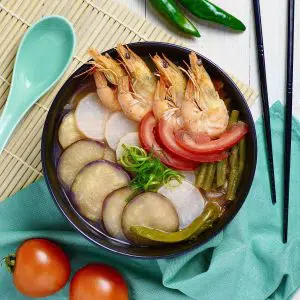Does Cooking Wine Go Bad?
Important Note: When you buy through our links, we may earn a commission. As an Amazon Associate we earn from qualifying purchases. Content, pricing, offers and availability are subject to change at any time - more info.
Many people like to add a splash of their favorite wine to what they are cooking. The philosophy behind that is, if you like to drink it, you can eat it. Another variation of this is, only cook with wines you’d like to drink. While this seems reasonable if you have some new bottles of wine from the weekend knocking around in the cellar or wine cabinet, I couldn’t imagine cracking open a good bottle of my favorite red to add to what’s on the stove. One, most of the alcohol burns off while cooking, and secondly opening a new bottle that might go to waste after seems rather impractical.
This is exactly why a couple of bottles of quality cooking wines in your pantry or fridge is useful.
While it is not uncommon to use drinking wines in your cooking, cooking wines have more of an impact if you want just the right taste. Cooking wines have a higher alcohol content than regular, drinking wines and have salt and preservatives added to them to increase their shelf life. That being said, cooking wines do go bad. Keep in mind that drinking wine usually gets better with age, but cooking wine deteriorates over time, even if unopened.
There are certain types of cooking wines out there, which are best for cooking:
- White and Red Dry Cooking Wine
- White and Red Sweet Cooking Wine
- Fortified Wine
- Sweet Nutty Wine
- Dry Nutty Wine
- Rice Wine
If you are looking for particular cooking wines to enhance the flavor of dishes, these are the options you need to choose from.
- How Long Does Cooking Wine Last?
- How To Store Cooking Wine?
- How To Freeze Cooking Wine?
- How To Tell If Your Cooking Wine Has Gone Bad?
How Long Does Cooking Wine Last?
- Despite quite a long shelf-life, cooking wines will eventually go off. The thing to keep in mind about cooking wines is that even if they are off, they are not necessarily spoiled. They will have a very vinegary taste though.
- The salt and preservatives in cooking wine give it a pretty long shelf life.
- Some people believe that an unopened bottle of cooking wine can last three to five years. But generally, an unopened bottle of cooking wine is good for 3-6 months after its best-by date. The best-by date refers to the date till which the product will maintain peak quality. After that, it will still be consumable and good, but the quality will start to deteriorate.
- An opened bottle of cooking wine needs to be refrigerated as soon as you are done using it, just like you would regular wine. If you have cooking wine in the fridge, will be good for about 2 months. It will last for up to a year, but its quality and taste will be markedly different, which is why it is recommended not to use your open bottle of cooking wine for more than a couple of months.
- You can, of course, freeze your wine. Whether you intend to use old wine for cooking or extend the shelf life of your open bottle of cooking wine, you can freeze it for about 2-3 months.
- The shelf life of your cooking wine depends on how well it has been stored, its vintage, the quality of grapes and products used as well as the percentage of salt and preservatives. The more salt and preservatives, the longer your wine will go.
| Type of Cooking Wine | Pantry | Fridge | Freezer |
| Unopened Bottle of Cooking Wine | Best-by date + 3-6 months | 3-5 years | |
| Open Bottle of Cooking Wine | 2 months to 1 year | 2-3 months |
It is recommended you go with the instructions on the bottle of your wine, but the above table can give you a quick idea of what to expect with your cooking wine.
How To Store Cooking Wine?
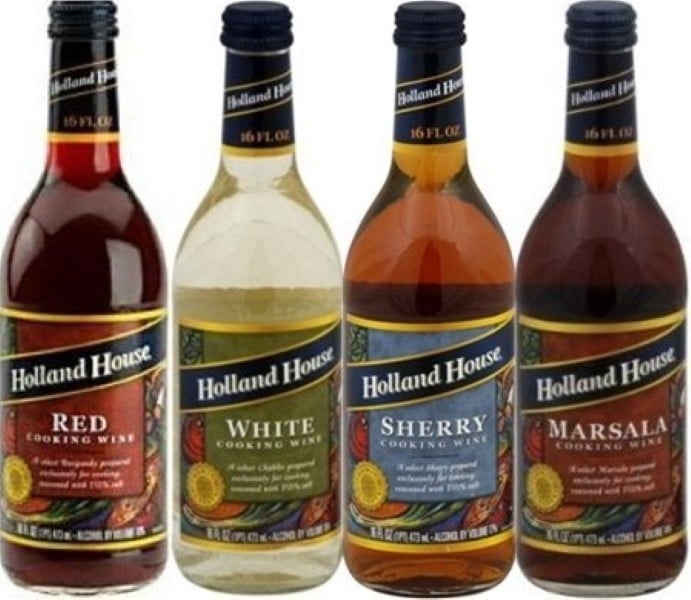
Cooking wine like regular wine begins to oxidize when exposed to air. This is why a bottle of wine starts tasting sour after a few days and why it is recommended to use an airtight stopper and refrigerate it properly.
While cooking wine already has a pretty good shelf life, storing it with some extra care and caution will go a long way in not only preserving its quality but also ensuring it can last a little bit longer.
- Keep any unopened bottle of cooking wine in a cool, dark place. Make sure it is not exposed to direct heat and sunlight.
- While not necessary, an unopened bottle of cooking wine can be stored in the fridge. It prevents it from expiring sooner and keeps the wine fresh longer.
- If you have some leftover cooking wine use either an airtight cork or stopper and refrigerate immediately.
- Store the cooking wine in the bottle it came in. If for some reason you need to transfer it, pour it into an airtight bottle with a stopper or lid.
- The best way to store it in the fridge is to lay it down, instead of having it upright.
- Keep the wine in the coldest part of the fridge, or where you are sure it is not going to be subject to constantly changing temperature.
- Wine, even cooking wine needs some TLC to make it last longer.
- If you decide you want to use your cooking wine in the future, but you already have an open bottle, you can freeze it.
- It will last in the freezer for 2-3 months.
How To Freeze Cooking Wine?
If you do want to freeze your leftover cooking wine, here is what you need to do:
- Pour the wine into an ice cube tray and place in the freezer
- Once frozen transfer the ice cubes into a freezer-safe bag, pouch, or container
- You can use just the number of cubes you need
- It just needs to be left out for a couple of hours or in the fridge overnight before use
- You cannot refreeze thawed cooking wine
- Thawed wine itself will have a more diluted taste and won’t be as potent as regular cooking wine. This is why you should not refreeze thawed wine as it will further reduce the quality and taste of the wine
How To Tell If Your Cooking Wine Has Gone Bad?
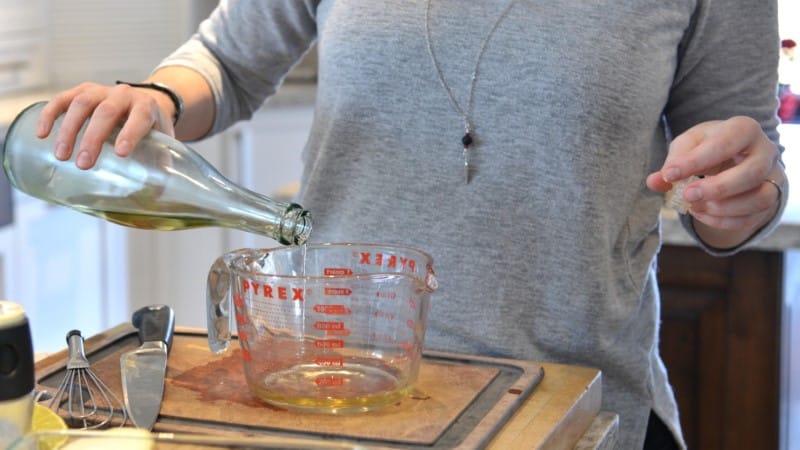
- The first sign that there may be something wrong with your cooking wine will be the smell. Your wine will have a very funky smell. Old wine will already have a slightly vinegary smell but when spoiled it will be overwhelmingly so.
- Also, check to see if there are any impurities floating about. If there is any sign of spoilage, then throw it out.
- Cooking wine is loaded with salt and preservatives and is generally not drinkable, but when spoiled it will be excessively sour, even bitter. Do get rid of it.
- Very often, your cooking wine will not have spoiled but will not be usable beyond a certain point. The quality of the wine would have reduced drastically and adding it to your food might do more harm than good.
If you ever have doubts about the quality of your wine, don’t use it. Throw it out and pop open another.
